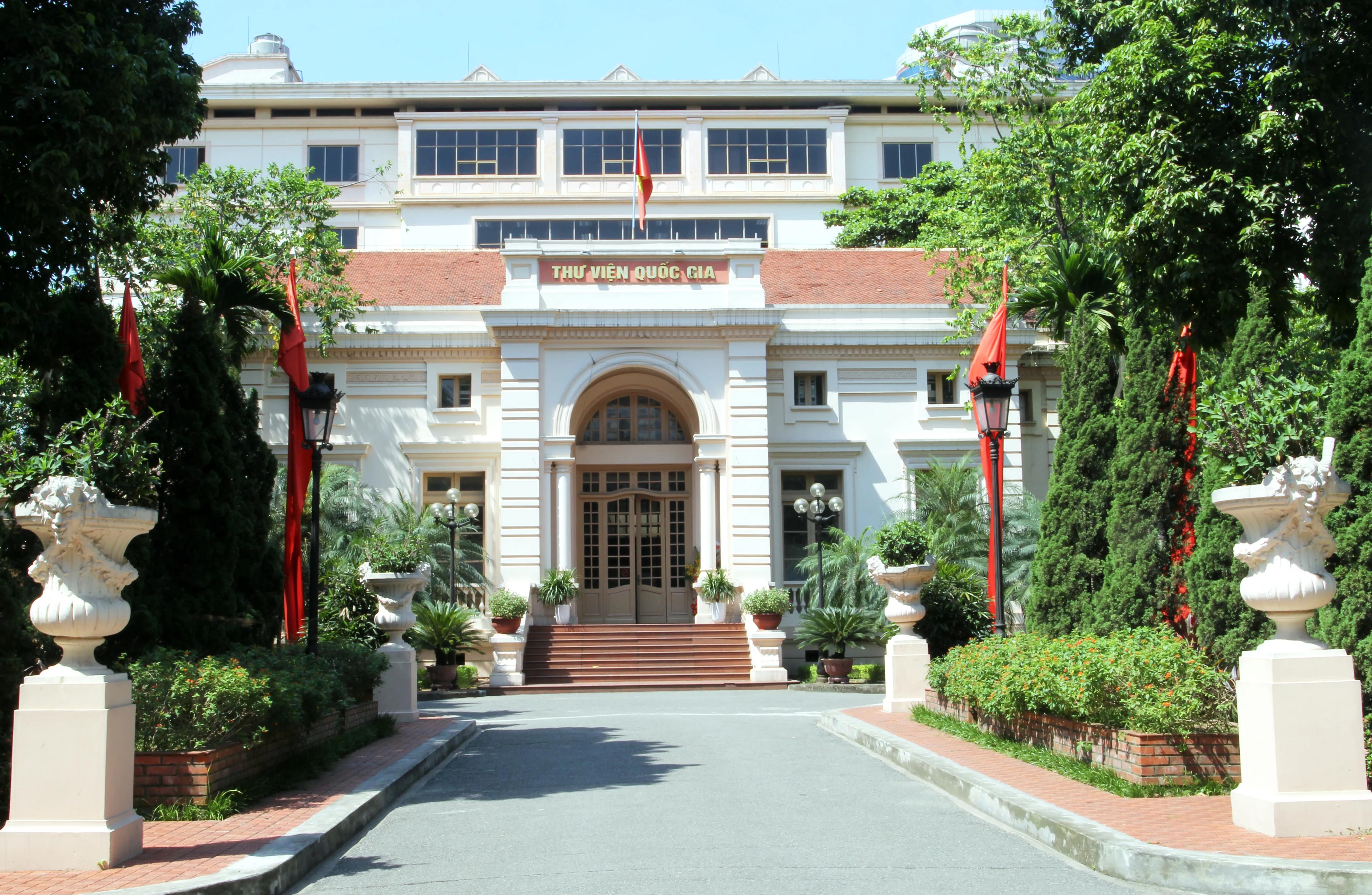Vietnamese Culture
Literary Landmarks
Vietnam's literary heritage is a tapestry woven with centuries of rich history, culture, and tradition. The country is home to numerous literary landmarks that have played pivotal roles in shaping its literary landscape. One such landmark is the Temple of Literature in Hanoi, which was founded in 1070 and served as Vietnam's first national university. This ancient site is dedicated to Confucius and honors scholars and literary figures who have made significant contributions to Vietnamese literature. Another notable landmark is the Nguyen Du Memorial House in Ha Tinh province, dedicated to the celebrated poet Nguyen Du, author of "The Tale of Kieu," a masterpiece of Vietnamese literature. The house offers insights into his life and works, reflecting the literary brilliance of the Nguyen dynasty. The National Library of Vietnam in Hanoi is another significant site, housing an extensive collection of Vietnamese literary works, historical documents, and manuscripts. It serves as a vital resource for researchers and literature enthusiasts. In Ho Chi Minh City, the General Sciences Library stands as a modern literary hub, offering a vast collection of books and digital resources, fostering a love for reading and learning among the city's residents. These literary landmarks not only preserve Vietnam's literary heritage but also inspire future generations to appreciate and contribute to the country's rich literary tradition. Whether you're a literature aficionado or a curious traveler, exploring Vietnam's literary landmarks provides a profound understanding of the nation's cultural and intellectual legacy.


